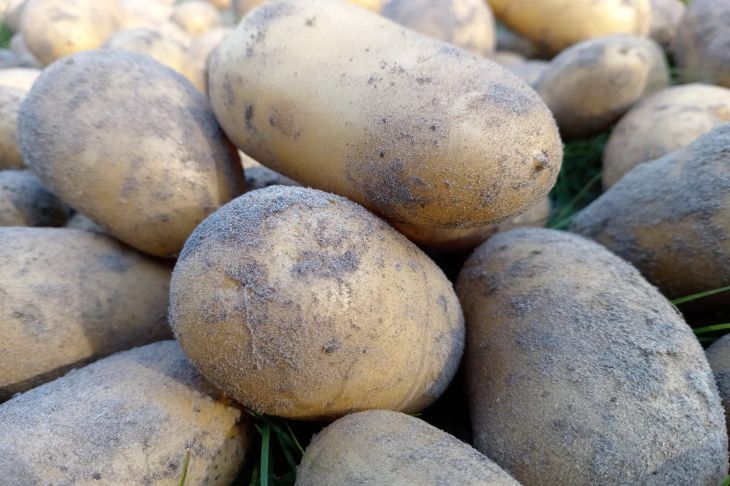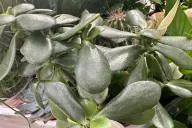Potatoes are one of the most popular vegetables in the world.
However, even experienced gardeners sometimes encounter the problem of cracking tubers.
This phenomenon not only spoils the appearance of the harvest, but can also significantly reduce its quality and shelf life.
The reasons for this defect are varied and require careful consideration.
The main reason for potato tubers cracking is considered to be uneven watering.

When plants receive a large amount of moisture after a long dry period, the tubers begin to grow rapidly.
The outer layers of the tuber do not have time to stretch along with the internal tissues, which leads to the formation of cracks.
This happens especially often at the end of the growing season, when the tubers have already formed.
Sudden fluctuations in soil temperature can also cause tubers to crack.
When the soil warms up quickly and then cools suddenly, such as due to a cold snap or heavy rainfall, the tubers become stressed.
This can lead to damage to the skin and the formation of cracks.
Excessive application of nitrogen fertilizers promotes rapid growth of the above-ground part of the plant and tubers.
However, such growth is often uneven, leading to cracking.
In addition, excess nitrogen makes tuber tissue looser and more susceptible to mechanical damage.
Some potato varieties are more susceptible to cracking than others. Generally, larger tubers are more likely to suffer from this problem.
Therefore, when choosing a variety for cultivation, it is worth paying attention to those that are resistant to cracking.
Sometimes cracks in tubers appear as a result of mechanical damage during harvesting.
If potatoes are dug up carelessly, using sharp tools, or if the soil is too hard, the tubers may become damaged, which later develops into cracks.
Some potato diseases, such as scab or rhizoctonia, can cause tubers to crack.
Also, damage caused by pests (such as wireworms) can cause cracks to form.
In these cases, cracking is a secondary symptom of an underlying problem.
To prevent potato tubers from cracking, it is necessary to observe a number of agricultural practices.
It is important to ensure uniform watering throughout the growing season, especially during dry periods.
It is recommended to use soil mulch, which helps to retain moisture and regulate soil temperature.
When applying fertilizers, it is necessary to maintain a balance, avoiding excessive use of nitrogen fertilizers.
Preference should be given to complex fertilizers with a predominance of potassium and phosphorus, especially in the second half of the growing season.
Selecting crack-resistant potato varieties will also help minimize the problem.
When harvesting, care must be taken to use the right tools and choose the best time to dig up the tubers.








